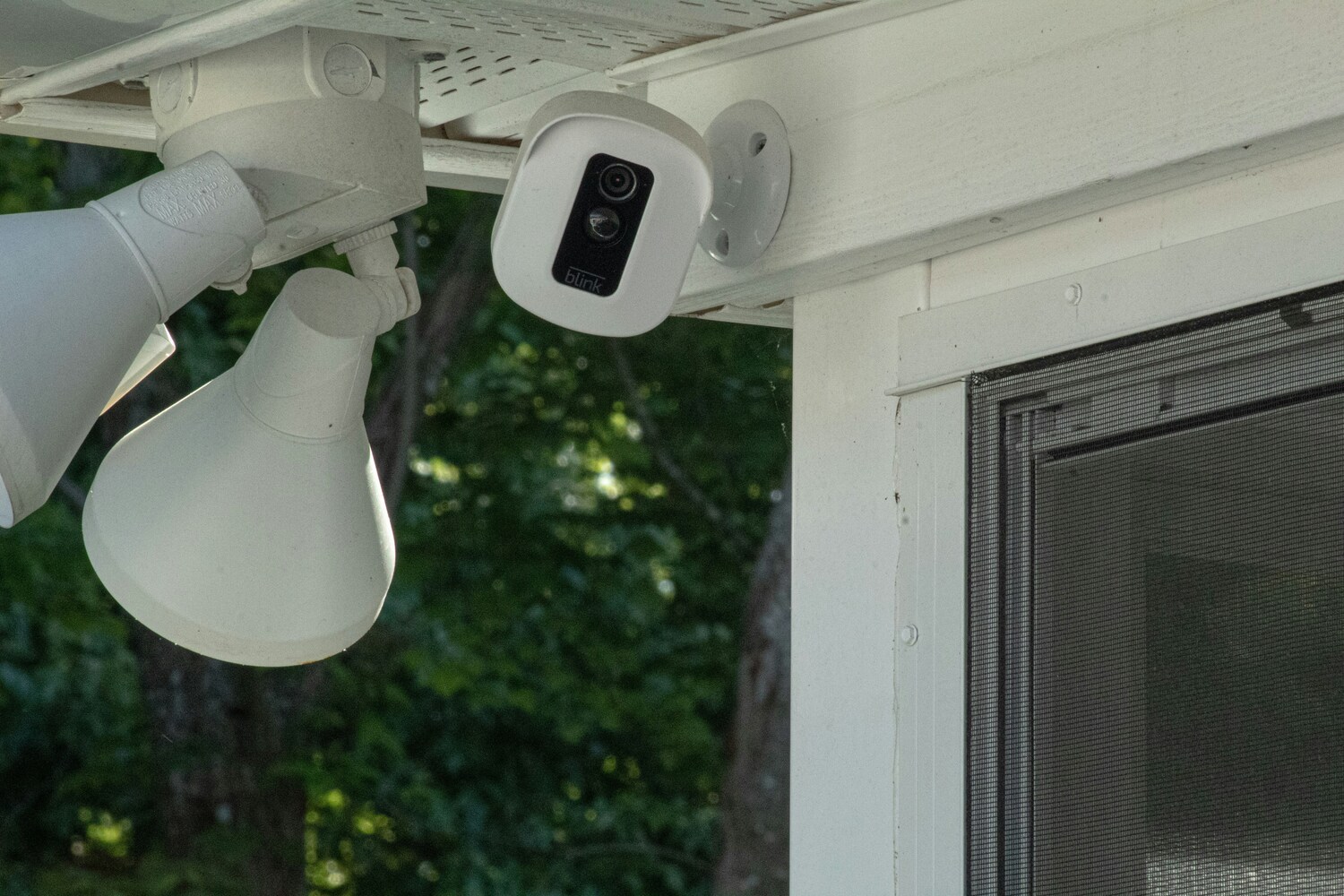Think your home is a safe haven? Think again. In 2025, laws and liability standards are evolving fast, and some things you’ve owned for years may now be quietly putting you at risk.
Whether it’s because of shifting regulations, new safety studies, or rising lawsuits, many once-common household items are now under scrutiny. Some can void your insurance policy. Others could land you in legal trouble if someone gets hurt. And most dangerously, many people have no idea the rules have changed.
Here are six everyday things you might still have that are now considered legal hazards, and what you need to know before they cost you more than you expected.
6 Things You Might Own That Are Now Considered Legal Hazards
1. Old Playground Equipment
That vintage metal swing set in your backyard might seem charming or even nostalgic, but it’s now considered a major liability in many areas. Outdated equipment often fails to meet current safety standards, especially if it’s rusted, poorly anchored, or missing protective surfacing like rubber mulch or padding.
If a neighbor’s child or even your own grandkids get injured on it, you could be held responsible. Many homeowners don’t realize their insurance won’t cover injuries from equipment that doesn’t comply with modern codes.
In some states, even unmaintained jungle gyms or homemade treehouses can now be cited by code enforcement. If your backyard hasn’t had a safety check in years, it might be time.
2. Gas-Powered Leaf Blowers
Once a staple in suburban garages, gas-powered leaf blowers are being banned or restricted in multiple states and municipalities due to noise pollution and environmental impact. California, for example, has already enacted restrictions on small gas engines, and other states are following suit. In some cities, using or even possessing certain gas-powered tools without a commercial permit can result in fines.
If you continue to use one in a restricted area, you could not only face legal action, but also void any green home certifications or rebates tied to eco-compliance. Even if your area hasn’t enacted laws yet, homeowner associations are tightening their own rules, and noise complaints can escalate into bigger legal issues quickly.
3. Certain Dog Breeds Without Proper Insurance
Pet ownership has always come with responsibility, but in 2025, it’s also coming with increasing legal strings. Some dog breeds, often those labeled as “high risk” by insurers, such as pit bulls, Dobermans, and Rottweilers, can now trigger legal liability if you don’t carry specific coverage.
In some states, failing to disclose ownership of a restricted breed to your insurance provider can result in policy cancellation or claims denial if your dog injures someone, even if it was unprovoked. Municipal laws are shifting, too. Some areas now require proof of liability insurance, obedience training, or muzzling for certain breeds in public. Owning one of these dogs without following new legal guidelines could leave you vulnerable to hefty fines or lawsuits.
4. Vintage Space Heaters and Electric Blankets
That cozy old electric blanket or retro space heater might still work, but if it doesn’t meet current safety standards, it’s a legal time bomb. Older heating devices are a leading cause of residential fires, and manufacturers of modern alternatives have issued safety warnings against their continued use. Fire codes have changed drastically in recent years, and insurers are paying attention. In some cases, if it’s discovered that a fire was caused by an outdated or recalled device, your claim could be denied.
Additionally, if you rent out part of your home or list it on platforms like Airbnb, failing to meet current fire safety requirements—including approved heating appliances—can result in code violations and legal consequences.

5. Surveillance Cameras Aimed at Public or Neighboring Property
You might have installed that security camera for peace of mind, but where it’s pointing could now be breaking the law. Several states have expanded privacy laws that regulate where and how you can use surveillance equipment on your property. If your camera captures footage of a neighbor’s backyard, bedroom windows, or even a public sidewalk without appropriate signage, you could face lawsuits or citations under new wiretapping and surveillance laws.
In some jurisdictions, even doorbell cameras have become controversial, especially when they record audio. What was once considered prudent home security is now a potential invasion of privacy if not installed carefully. Review your local laws, adjust your camera angles, and when in doubt, consult a legal expert to ensure you’re not accidentally violating someone else’s rights while trying to protect your own.
6. Certain Pesticides and Weed Killers
That bottle of weed killer under your sink might be more than just toxic to dandelions. It could now be banned outright. As awareness grows about the environmental and health impacts of certain chemicals, many states have outlawed products containing glyphosate and other high-risk ingredients.
Using these banned substances on your lawn can result in steep penalties, particularly in environmentally sensitive zones or near schools, water sources, or public spaces. Even storing them can pose a liability if a child or pet gains access. Worse, if runoff from your yard contaminates neighboring properties, you could be facing lawsuits or environmental citations—even if you thought you were following the label.
Responsible disposal and switching to eco-safe alternatives isn’t just a health decision anymore. It’s a legal one.
Staying Legally Safe in Your Own Home
In today’s fast-moving regulatory landscape, ignorance isn’t a defense. Laws are evolving as society becomes more safety-conscious, environmentally aware, and privacy-sensitive.
That means the burden is on homeowners to keep up. What felt normal or harmless five years ago could now lead to denied insurance claims, fines, or lawsuits. The best defense? Stay informed. Review your homeowners policy, check your local ordinances regularly, and when in doubt, seek guidance. A little proactive effort now can save you from expensive surprises later.
Have you discovered something you own is now illegal or restricted? How did you handle it?
Read More:
Squatters Can Legally Take Your Home In These 8 States
8 Legal Loopholes That Can Get You Out of a Gym Membership You Didn’t Want
Read the full article here














